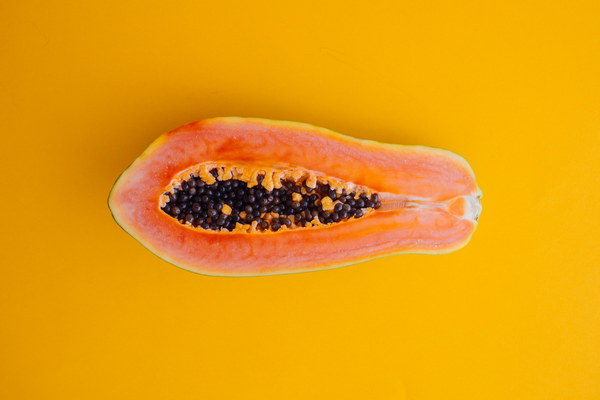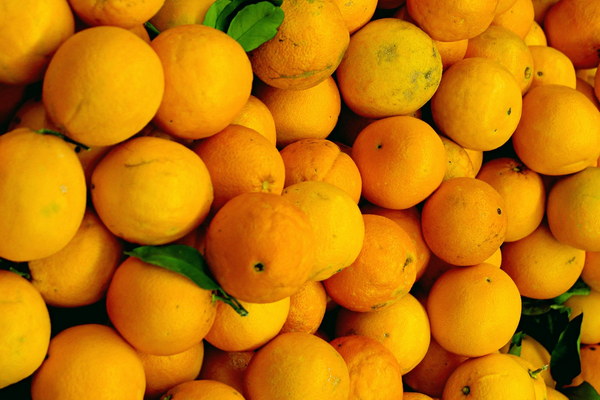Can Mugwort Help with Dampness Removal Exploring the Traditional Chinese Medicine Perspective
Mugwort, scientifically known as Artemisia argyi, has been a staple in traditional Chinese medicine for centuries. It is a herb that is widely used for various purposes, including the treatment of dampness in the body. But can mugwort really help with dampness removal? Let's delve into the topic and explore the traditional Chinese medicine perspective.
In traditional Chinese medicine (TCM), dampness is considered an internal imbalance that can lead to various health issues. It is characterized by symptoms such as fatigue, bloating, weight gain, and water retention. According to TCM, dampness is caused by an overabundance of dampness in the body, which can be a result of poor diet, environmental factors, or other internal imbalances.
Mugwort is believed to have properties that can help alleviate dampness. It is considered a warm herb that can expel cold and dampness from the body. The following are some ways in which mugwort is thought to help with dampness removal:
1. Improving Digestion: TCM suggests that mugwort can stimulate the digestive system, which helps in breaking down food and eliminating waste products. This process can help reduce dampness in the body.
2. Enhancing Circulation: By promoting blood circulation, mugwort can help eliminate dampness and improve overall health. Improved circulation can also lead to a reduction in symptoms such as bloating and water retention.
3. Reducing Excess Phlegm: Excess phlegm is often associated with dampness. Mugwort is believed to help reduce phlegm production, thereby alleviating dampness-related symptoms.

4. Promoting Urination: TCM practitioners often use mugwort to promote urination, which can help eliminate dampness from the body.
5. Treating Skin Issues: Dampness can lead to skin problems such as eczema and psoriasis. Mugwort is thought to have anti-inflammatory properties that can help alleviate these issues.
While mugwort is widely used in TCM for dampness removal, it is essential to consult a qualified TCM practitioner before using it. Here are some points to consider:
- Quality: Ensure that the mugwort you are using is of high quality and has not been contaminated with pesticides or other harmful substances.
- Dosage: The dosage of mugwort may vary depending on the individual's condition. A qualified TCM practitioner can determine the appropriate dosage for you.
- Interaction: Some individuals may experience side effects when using mugwort, particularly if they have pre-existing health conditions or are taking other medications. It is crucial to consult a healthcare professional to ensure there are no adverse interactions.
In conclusion, mugwort is a traditional Chinese herb that is believed to help with dampness removal. While there is limited scientific evidence to support its effectiveness, it has been used for centuries in TCM. If you are considering using mugwort to alleviate dampness, consult a qualified TCM practitioner to ensure its safety and efficacy.









